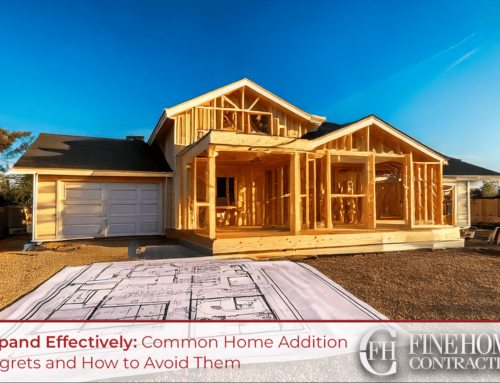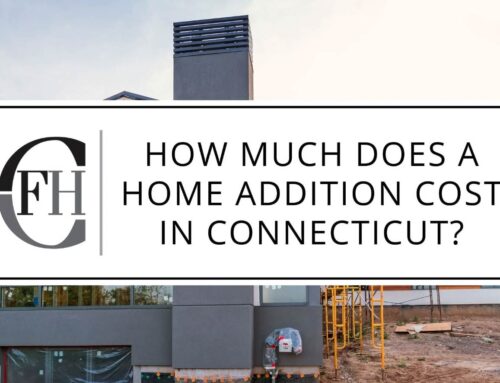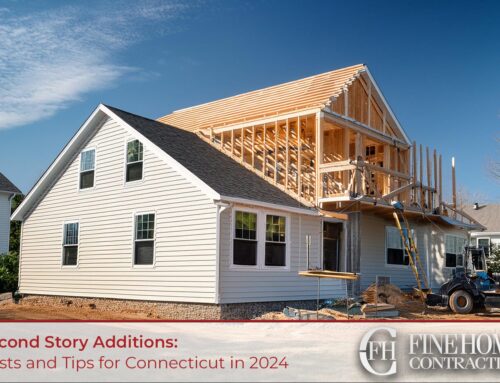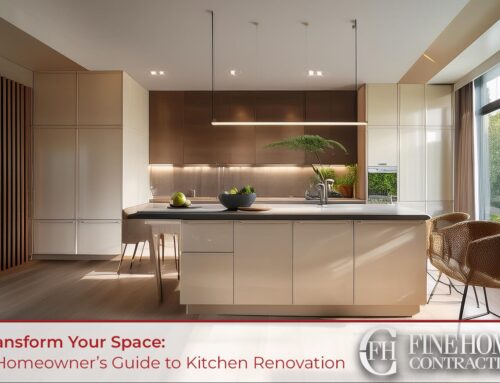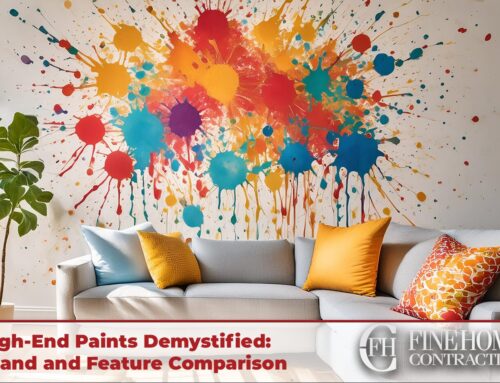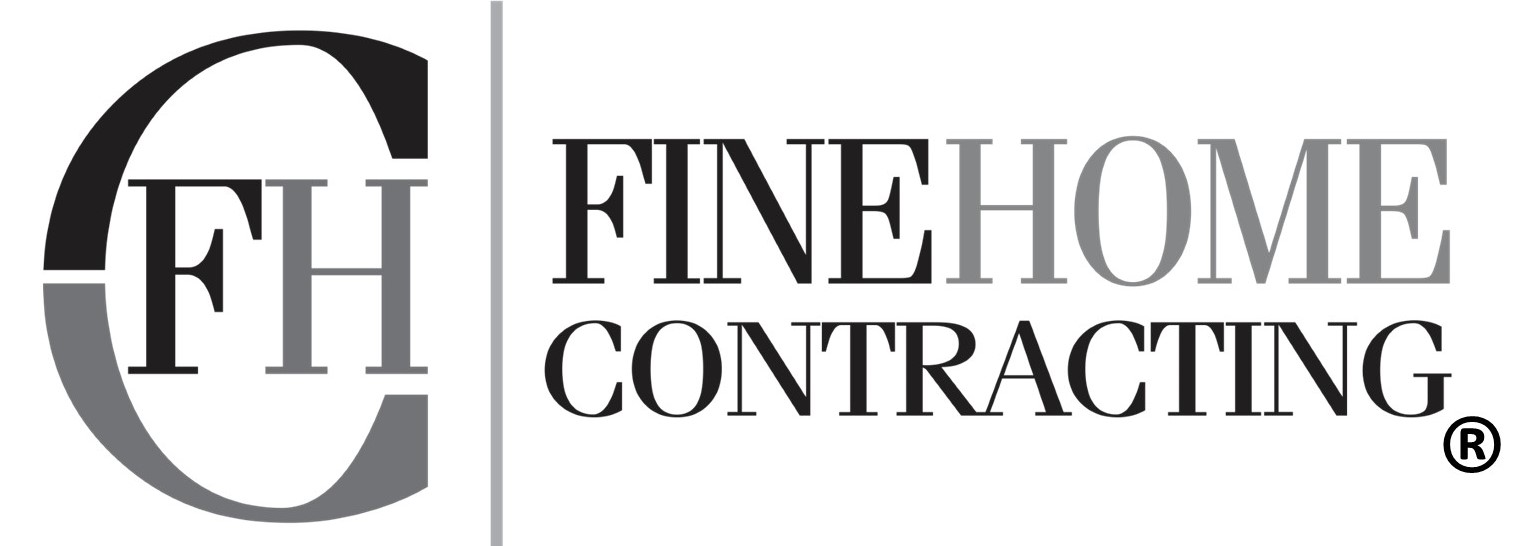Home additions can seem like a great way to add space and value to your property. However, if you’re planning to move within the next few years, this decision might not be as beneficial as you think. The return on investment (ROI) for home additions in the short term is often low, and most new buyers prefer to remodel according to their tastes rather than pay extra for pre-customized spaces that may not meet their needs. This article delves into why a home addition might not be worth it if you’re planning to move soon and explores the preferences of new buyers when it comes to home customizations.
The Economics of Home Additions
Adding space to your home through a home addition can be expensive. Whether it’s an extra bedroom, a sunroom, or an expanded kitchen, the costs can quickly add up. According to the National Association of Realtors, the average cost of a home addition can range from $50,000 to $150,000, depending on the size and complexity. The expectation is that this investment will be recouped when the property is sold, but this isn’t always the case.
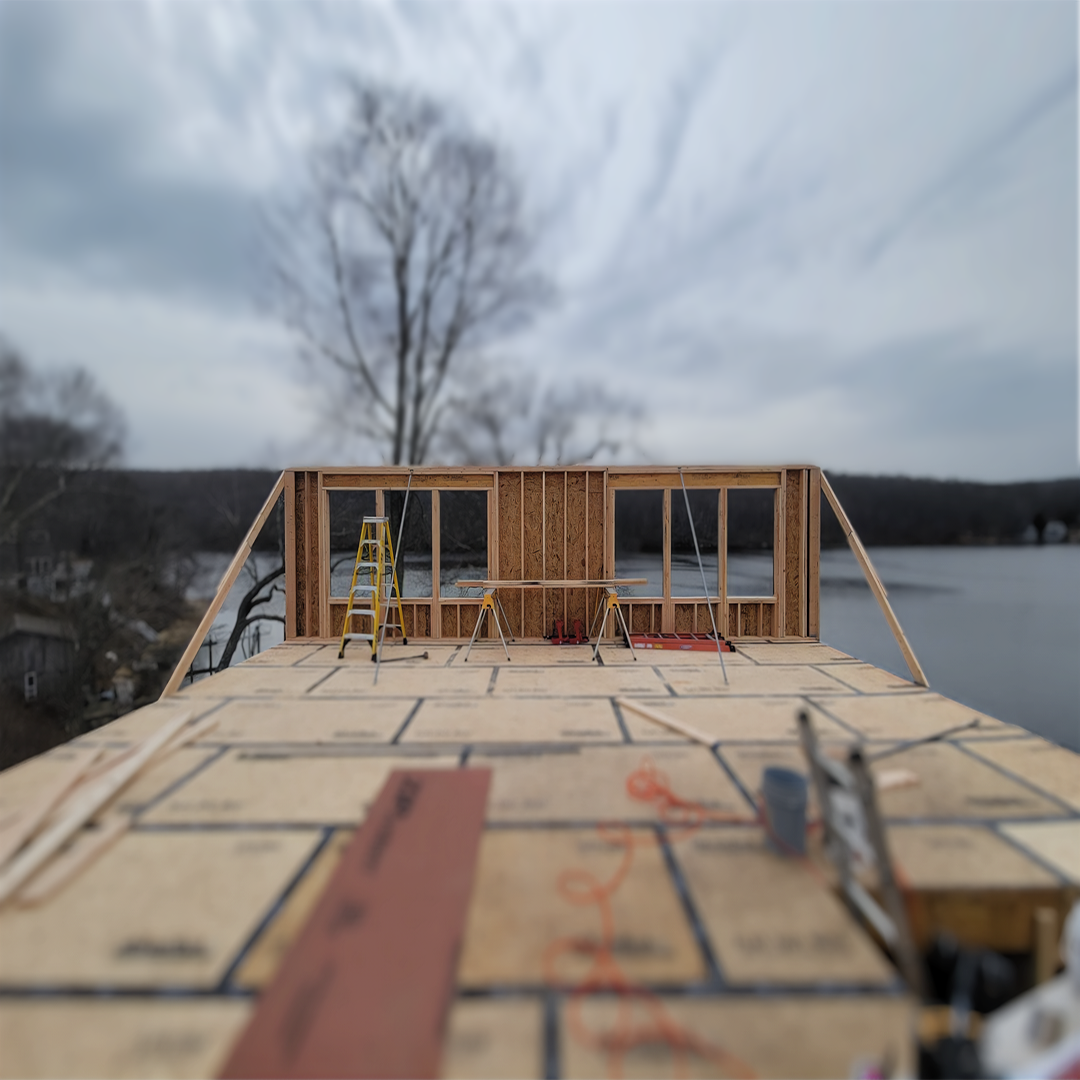
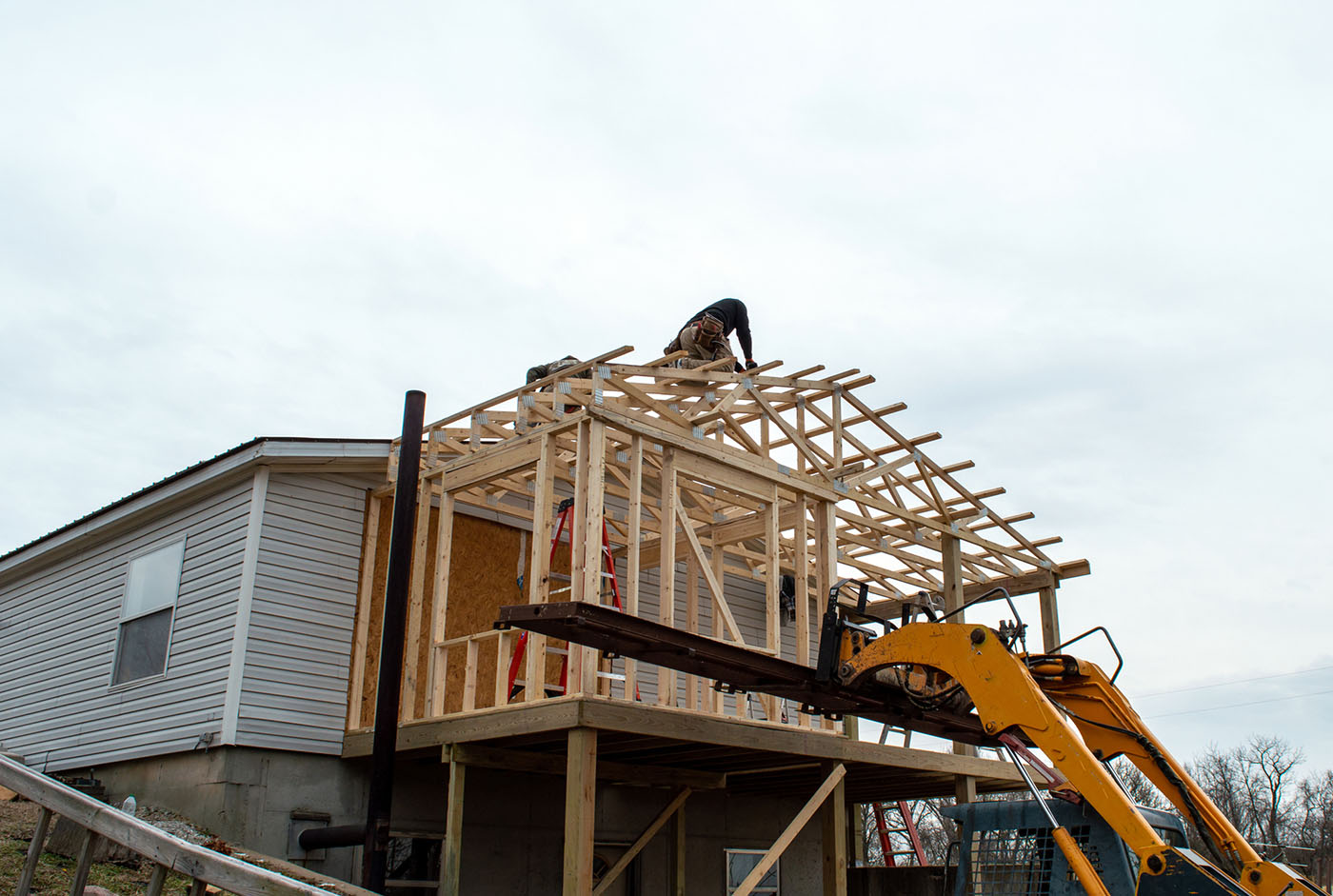
ROI for Home Additions
When considering a home addition, ROI is a crucial factor. Remodeling magazine’s 2023 Cost vs. Value report indicates that the average ROI for home additions is around 50-60%. This means that if you spend $50,000 on an addition, you might only increase your home’s value by $25,000 to $30,000. For homeowners planning to move within five years, this low ROI suggests that the financial benefits may not outweigh the costs.
Buyers’ Preferences: Customization Over Pre-Customized
New buyers often have specific tastes and preferences when it comes to their new home. They might appreciate additional space, but they also tend to want to make the space their own. Here’s why they prefer customization:
- Personal Taste: Buyers want their home to reflect their personal style. A pre-customized home addition may not match their aesthetic preferences.
- Functional Needs: Families have different needs based on their lifestyle. An addition tailored to your requirements might not fit another family’s needs.
- Budget for Renovations: Many buyers set aside a budget for renovations after purchasing a home. They prefer to use this budget to customize their new space rather than paying a premium for an addition that doesn’t meet their needs.
Short-Term vs. Long-Term Benefits
For homeowners who plan to stay in their home for more than five years, a home addition might make more sense. The longer you stay, the more you can enjoy the additional space and potentially see an increase in property value over time. However, if your horizon is shorter, the immediate enjoyment may not justify the cost, especially when considering the potential resale complications.
Potential Resale Complications
A home addition can complicate the resale process in several ways:
- Higher Asking Price: With the addition, you might need to set a higher asking price to cover the costs. This can make your home less attractive compared to similar properties in the area without additions.
- Mismatch with Market Trends: Market trends can change. What is considered a valuable addition today might not be in demand in a few years.
- Renovation Fatigue: Some buyers may shy away from homes that have undergone recent major renovations, fearing potential construction issues or preferring a blank slate to work with.
Alternatives to Home Additions
If you need more space but plan to move soon, consider these alternatives:
- Temporary Solutions: Rent a storage unit or invest in modular furniture to maximize existing space without long-term commitments.
- Minor Renovations: Small updates like fresh paint, new fixtures, or landscaping can improve your home’s appeal without significant investment.
- Decluttering: Simplify your living space by decluttering, which can make your home feel more spacious and attractive to potential buyers.
In conclusion, while a home addition can offer immediate benefits in terms of space and possibly enjoyment, the financial and resale implications often make it a less viable option for those planning to move within five years. Buyers’ preference for personal customization and the typically low ROI on additions suggest that your money might be better spent on smaller, more cost-effective upgrades or simply saving for your next home. Consider your long-term plans and the preferences of potential buyers before making a significant investment in a home addition.
FAQ
Further Reading
- Is Your Renovation Worth It? by House Beautiful
- The Top Renovations That Increase Home Value In 2024 by Bankrate
- Is NOW the Best Time to Sell a House in Connecticut? by Houzeo
- Home Improvements With the Best ROI by Investopedia

